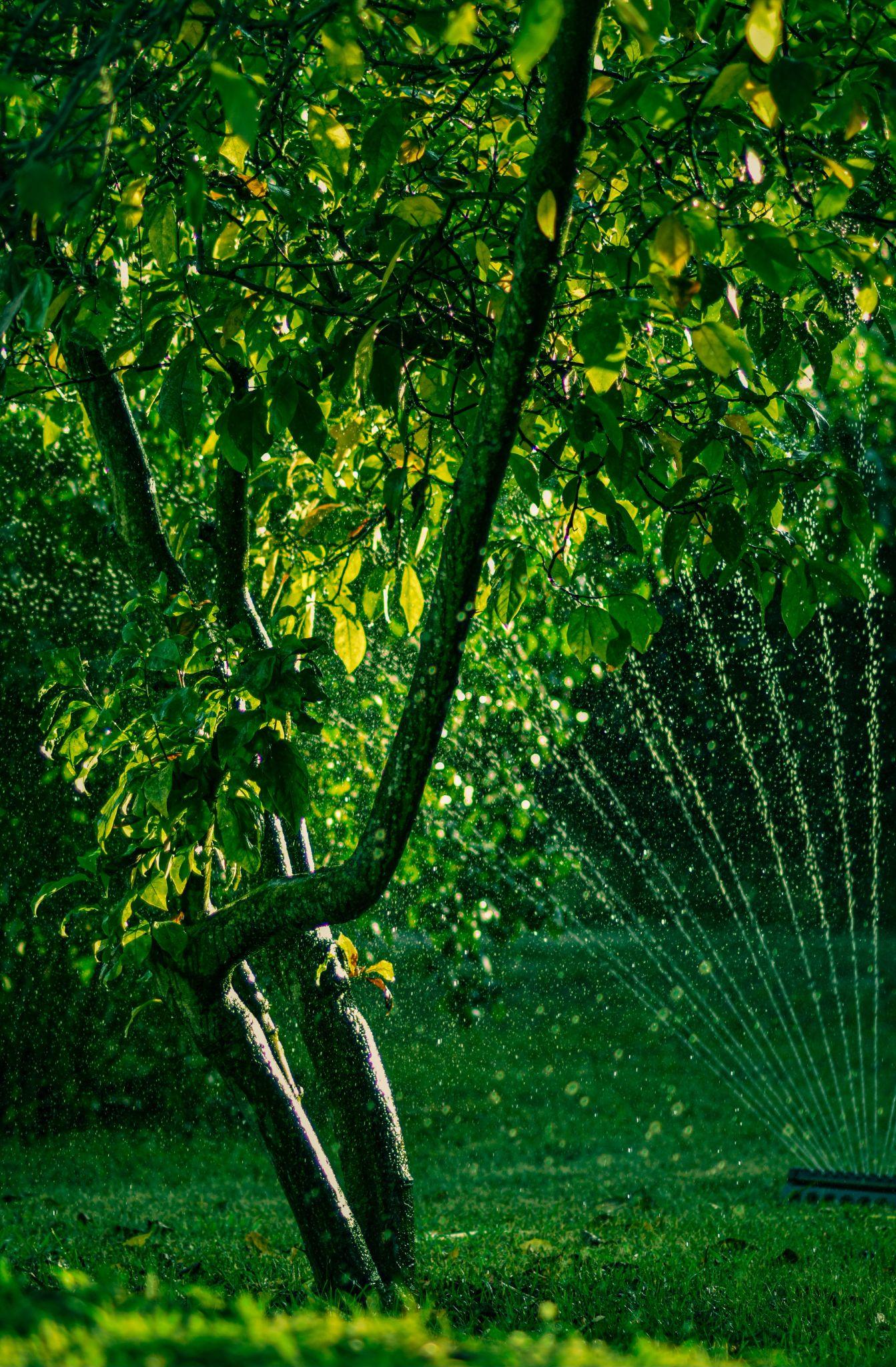Unleashing the Beauty of Your Yard: Mastering Eco-Friendly Lawn Care Techniques
Unveiling your yard to its full potential can be a beautiful journey. And adopting eco-friendly lawn care methods is an excellent way to make it happen.
Understanding the right care techniques is essential in nurturing a healthy and sustainable outdoor oasis.
Starting with the fundamentals, you should learn how to mow your yard properly. Some eco-friendly solutions in this regard include using manual and electric mowers instead of their gas-guzzling counterparts and avoiding cutting your lawn too low.
Instead of looking up Honda GCV160 oil capacity, switch to more environmentally friendly alternatives.
Watering is another deciding factor in lawn health. Over-watering encourages weed growth, while under-watering weakens your lawn’s resilience.
Other issues worth keeping an eye on include fertilizing and incorporating proper weed control strategies.
This guide will take you all the essential steps to enhance your landscape and achieve the picture-perfect yard.
Mowing for a Well-Manicured Lawn
Mowing your yard properly is crucial to convert it into an eye-catching oasis.
For a perfectly groomed lawn, mastering striping techniques and maintaining appropriate mowing height is key.
Always be conscious of how low you are mowing your lawn. If you cut your grass too short, it could end up putting a great deal of stress on your lawn, leaving it susceptible to pests, weed growth, and disease.
The go-to rule for mowing is the ‘rule of thirds.’ Simply put, it means you should never trim more than one third of the grass blade at a time.
So, if you have grass that’s 3 inches tall, remember not to cut any more than 1 inch. This keeps things simple and helps ensure you don’t overdo it.
Additionally, it’s important to keep mower blades sharp as they cut more efficiently. Dull blades damage the grass by ripping it instead of providing a clean cut.
Fertilizing for Healthy Growth
For a vigorous, lush lawn, appropriate fertilizing is crucial. Providing your yard with vital nutrients staves off lawn diseases and promotes sturdy plants.
Organic fertilizers are a top choice for this task. These are sourced from natural elements. They contain soil microorganisms beneficial to the grass’s growth and well-being.
Not only do these fertilizers enrich your lawn, but they also support our environment. Nurturing your grass naturally has beautiful and sustainable results.
Watering Techniques for Optimal Hydration

Efficient watering techniques are a crucial part of nurturing healthy plants. They promote strong roots, enabling plants to endure dry spells and maintain their health under harsh conditions.
Key to these techniques is an automated irrigation system. Such a system takes the hassle out of watering your yard by handling the timing and placement of water down to the last drop. This precision not only saves you time but also helps conserve water.
Another vitality-boosting technique is consistent watering. Regularly hydrating your plants, particularly during dry and hot periods, prevents them from being stressed out. This consistency guarantees a constant supply of hydration that your plants need for growth and survival.
One more method to note is deep watering. Unlike shallow watering, which barely dampens the soil surface, deep watering ensures the moisture penetrates through to the root zone. It promotes deeper root growth making plants resilient and reducing their need for frequent watering.
Finally, it’s essential to water your plants early in the morning or late in the evening. Doing so helps minimize evaporation and ensures the water has time to soak into the soil before the heat of the day.
With these efficient watering techniques, your plants will receive optimal hydration, leading to stronger growth, improved resilience, and vibrant colors year-round.
Weed Control Strategies for a Weed-Free Yard
Say goodbye to those pesky weeds and say hello to a weed-free yard! It’s time to reclaim your landscape from unwanted plants and create a stunning oasis.
Instead of relying on harmful chemicals, why not explore chemical-free alternatives for weed control? Embrace organic methods that eliminate weeds and promote the health of your lawn.
Here are some ways you can tackle this common problem naturally:
- Hand-pulling weeds
- Smothering weeds with mulch
- Using natural herbicides
Choosing organic weed control can do wonders. It helps you safeguard our precious environment.
But that’s not all. You’re also creating a secure space for your loved ones. Your family deserves a home free from harmful chemicals. So do your pets.
Organic weed control is the way forward. It avoids damaging the ecosystem while keeping your home neat and tidy. It’s safe, effective, and considerate to every living being’s well-being.
The Bottom Line
Taking care of your lawn can be challenging. However, it is a rewarding experience. Your hard-work will result in a truly beautiful outdoor space.
The eco-friendly practices outlined above will help you keep everything looking lush and vibrant all year-round.
But don’t just stop there. Go beyond the basics for a truly stunning landscape.
Planting a few flowering shrubs, for example, or installing some attractive garden lighting can make all the difference.
Your continual efforts will only add to the beauty of your yard. Let your creativity shine and watch as your neighbors turn green with envy!
Frequently Asked Questions
How often should I mow my lawn to maintain its well-manicured appearance?
To maintain a well-manicured lawn, mow regularly, aiming for once a week during peak growth. Don’t forget to aerate your lawn occasionally to improve soil health and avoid common mistakes like cutting the grass too short or using dull blades.
What are some alternative methods of fertilizing that promote healthy growth in my yard?
Looking to promote healthy growth in your yard? Try organic alternatives! Natural ingredients like compost, seaweed, and bone meal are great fertilizers that will give your landscape the boost it needs to thrive.
Are there any specific watering techniques I should follow to ensure optimal hydration for my lawn?
To ensure optimal lawn hydration, use deep watering techniques. Water deeply and infrequently to encourage deep root growth. Aim for 1-1.5 inches of water per week and water early in the morning to prevent evaporation.







